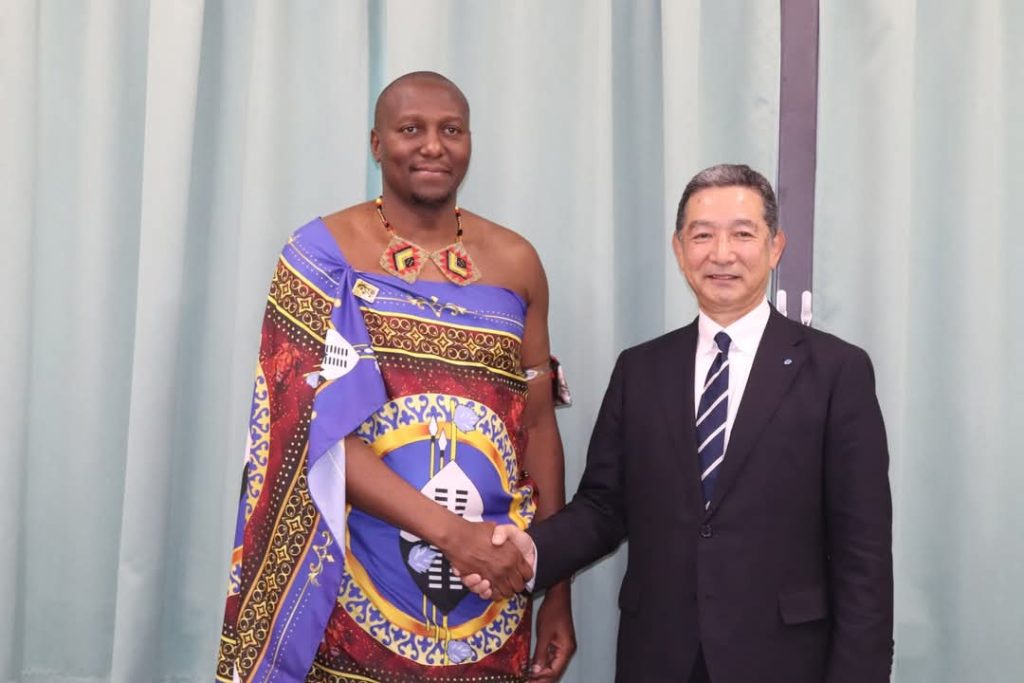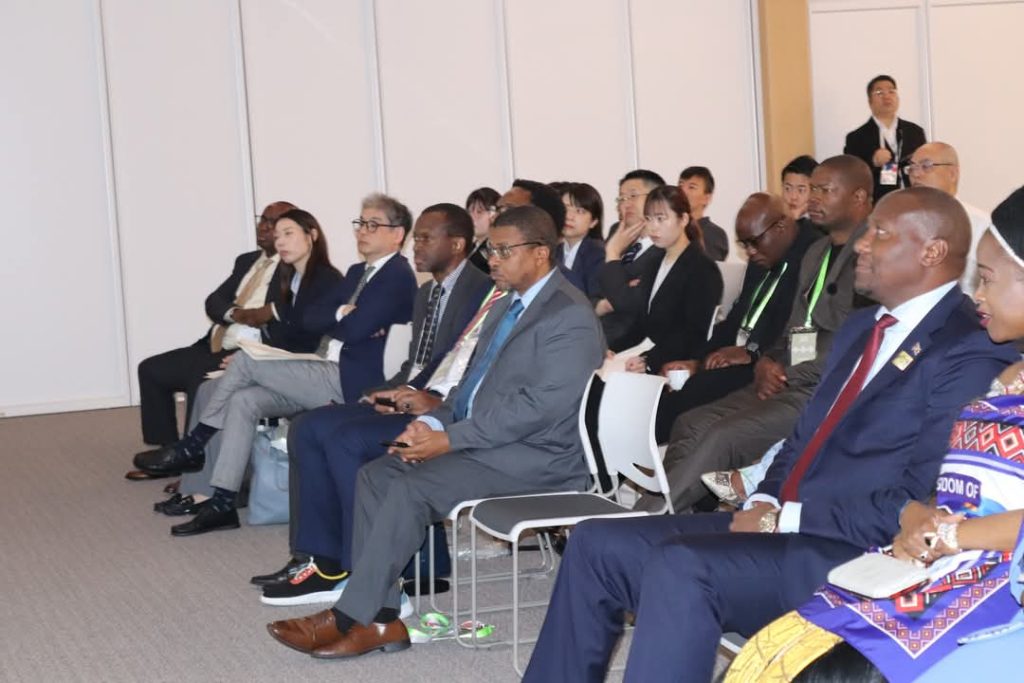
YKK is on the verge of celebrating 50 years of doing business in the Kingdom of Eswatini. There certainly must be something right that Eswatini is doing to keep this giant entity operating in the country.
YKK is the world’s largest zipper manufacturer and has been operating in Eswatini since 1976. The company has consistently invested in the Matsapha area, which includes factory buildings, machinery, staff personnel, among other things.
Speaking at the ongoing World Expo held in Osaka, Japan, the company’s Industrial & Human Resources Manager, Simon Magagula, noted that the company is pleased with its investment in the country. Magagula noted that the country presents several advantages for investors, one of them being a population with a high literacy rate.
“Eswatini boasts a literacy rate of 87%, ranking it number 8 on the African continent. This skilled workforce is essential for manufacturing operations and has really come in handy for the company,” he said.
The Manager further noted that Eswatini possesses a business environment close to non in the continent.
“The country has been recognized for its favourable business climate, ranking first in Africa for “Trading Across Borders,” according to the World Bank’s Ease of Doing Business Index. Additionally, Eswatini is noted for its low levels of labour disputes, contributing to a stable operational environment for businesses,” he noted.
The third major advantage according to Magagula is the country’s competitive labour costs. He noted that labour costs in Eswatini are approximately 20% lower than those in neighbouring South Africa, providing a cost-effective labour option for manufacturers.
The seasoned practitioner who has been with YKK for over two decades further commended the government for investing heavily in infrastructure.
“Despite being landlocked, Eswatini has developed a robust infrastructure system. The country features an extensive road network covering 3,594 km and a cargo rail system of 301 km that connects directly to major ports such as Durban and Richards Bay in South Africa. Furthermore, the inauguration of a state-of-the-art international airport in March 2014 enhances logistics capabilities for manufacturers looking to export goods ly to production processes,” he said.

Other investment incentives according to YKK are generous investment incentives, which include a reduced tax rate of 10% for ten years on approved projects, exemption from withholding taxes on dividends during the same period.
He also mentioned the importance of AGOA for them as a company: “Eswatini is eligible under the African Growth and Opportunity Act (AGOA), which allows duty-free access to the U.S. market for certain products. This provides local manufacturers with opportunities to expand their market reach internationally, particularly in textiles and agro-processed goods.”
